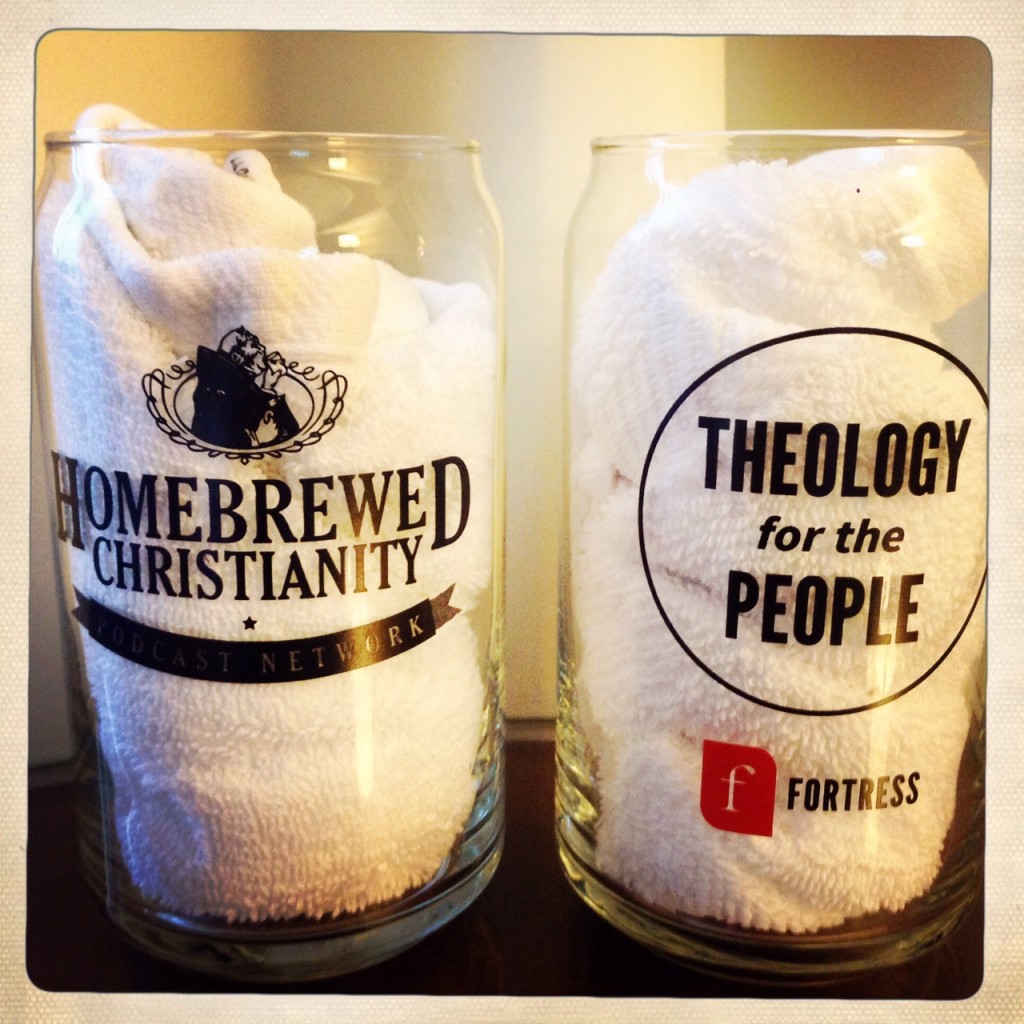I’m happy to be a contributor to the latest installment in the Navigators Reference Library, the Dictionary of Everyday Theology and Culture, edited by Bruce Demerest and Keith Matthews.
Here are the opening lines in my four entries:
Community
In Latin, communitas, means “the same,” and that evolved into communis, which means, “common; shared by all.” Modern sociologists differentiate between community and society. While the latter implies a looser connection between people, community tends to mean that people are more closely joined, for instance in families and churches. In other words, community tends to mean that the persons therein share something in common, like a blood-relation or a belief system…
Ecology
Literally, “the study (logos) of the household (oikos),” the word ecology was first used in 1866 to mean, “the comprehensive science of the relationship of the organism to the environment.” Today the term is used both to refer to the study of organisms and their environments and, more broadly and loosely, to connote ideas that are environmentally friendly or “green”…
Modernism
Although the word modern most usually means “contemporary” or “current,” when used by theologians, philosophers, and sociologists, it refers to a period of time from the middle of the 19th century to the late 20th century. The eras that led up to modernism—the Enlightenment, the Industrial Revolution, and the Romantic Period—all emphasized the supremacy of human knowledge and wisdom. Modernism was the natural conclusion to these movements, though it carried within it the elements of its own demise…
Postmodernism
Following the Modern Era, postmodernism generally encompasses the late 20th century through the present. It is a time characterized both by a return to classical and traditional themes (which had been abandoned by modernists) and by carrying modernist themes to extreme or even absurd levels…
It’s a usable and enjoyable book; each entry consists of an “Everyday Definition,” “Everyday Application,” and “For Further Reading,” and contributors span the evangelical world. I think it’d be great to have in a church library, on hand for sermon preparation, and great for citing in college and seminary papers.











